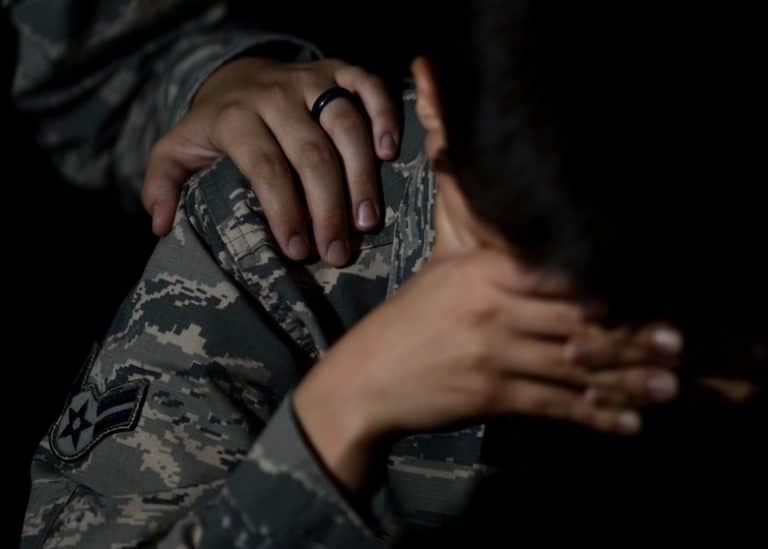
A U.S. public health task force is now recommending that everyone over the age of 18 should undergo mental health screenings for depression and those between 19 and 64-years-old should be screened for anxiety disorders, even if they’re showing no symptoms of these mental health disorders.
On Monday, the U.S. Preventative Services Task Force (USPSTF) published their draft recommendations for new mental health screenings for a large majority of the U.S. adult population.
One recommendation calls for all adults 18 and over to get screenings for depression and suicide risks if they don’t already have a diagnosed mental health disorder or aren’t showing recognized depression symptoms or signs of being a suicide risk.
A second recommendation calls for adults between the ages of 19 and 64 to undergo screenings for anxiety who aren’t already diagnosed with mental health disorder or aren’t showing recognized signs or symptoms of anxiety.
The USPSTF is a panel of medical professionals selected by the U.S. Agency for Healthcare Research and Quality. While not mandatory, the advice this panel publishes has an influence over how doctors practice medicine throughout the U.S., according to the Washington Post.
These USPSTF recommendations are in draft form and are open for public comment through Oct. 17.
USPSTF member Lori Pbert, a clinical psychologist and professor at the University of Massachusetts Chan Medical School in Worcester, told the Washington Post that these mental health screening recommendations were being evaluated even before the COVID-19 outbreak, but said the era of lockdowns has had an impact on mental health throughout the country.
“Covid has taken a tremendous toll on the mental health of Americans,” Pbert told the Washington Post. “This is a topic prioritized for its public health importance, but clearly there’s an increased focus on mental health in this country over the past few years.”
The Washington Post reported some medical professionals are questioning the USPSTF recommendations over concerns mental health resources are already struggling to meet the existing demand.
“Screening is great, but with a dire shortage in the workforce, it’s perplexing unless there are plans for increased funding of clinicians,” Eugene Beresin, a psychiatrist at Massachusetts General Hospital in Boston and executive director of the Clay Center for Young Healthy Minds, told the Washington Post.
Mental health is also a concern for the military and veteran communities.
An April report by the Defense Suicide Prevention Office (DSPO) recorded 176 suicides among the active component of the U.S. Army 2021. According to the Army Times, 2021 was the highest suicide rate for the service in the post-9/11 era.
A study published earlier this week by the a nonprofit group America’s Warrior Partnership (AWP) found that as many as 24 veterans committed suicide every day between 2014 and 2018. The organization found that the Department of Veterans Affairs (VA) likely undercounted suicide rates among veterans.
0 comments :
Post a Comment